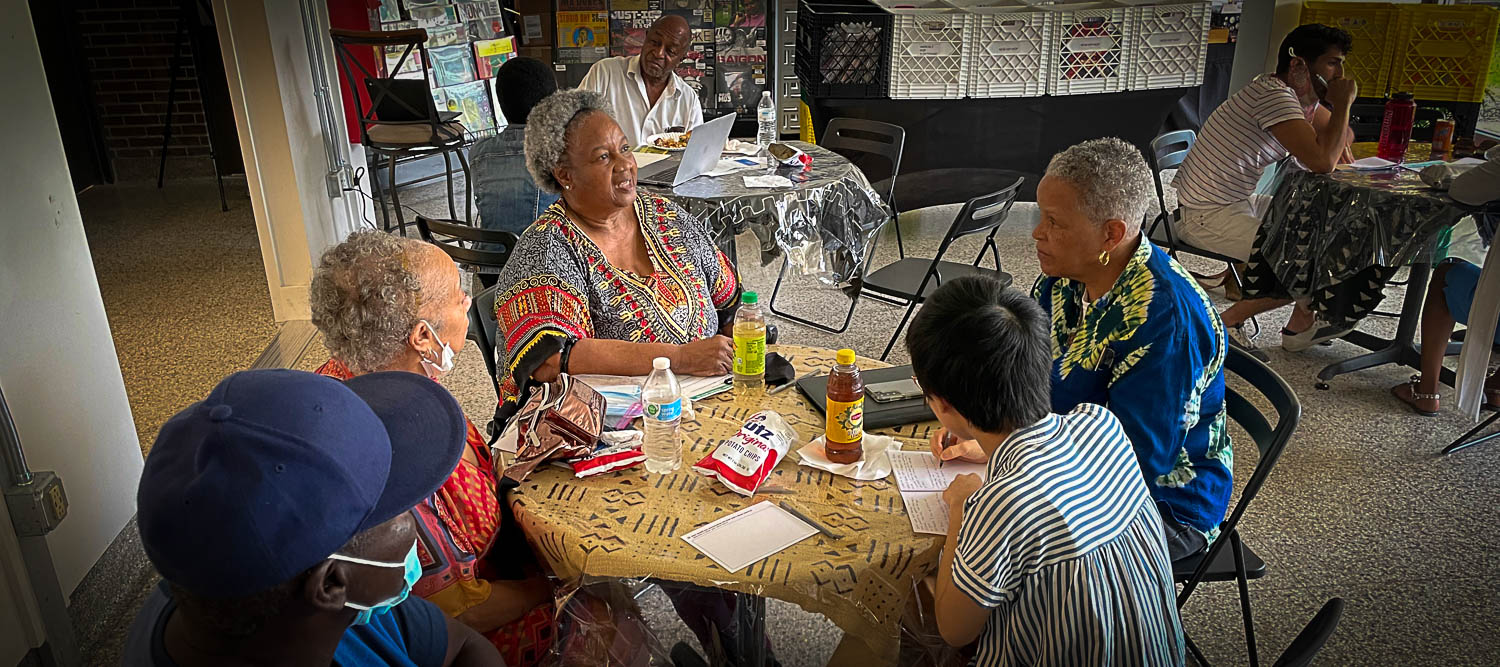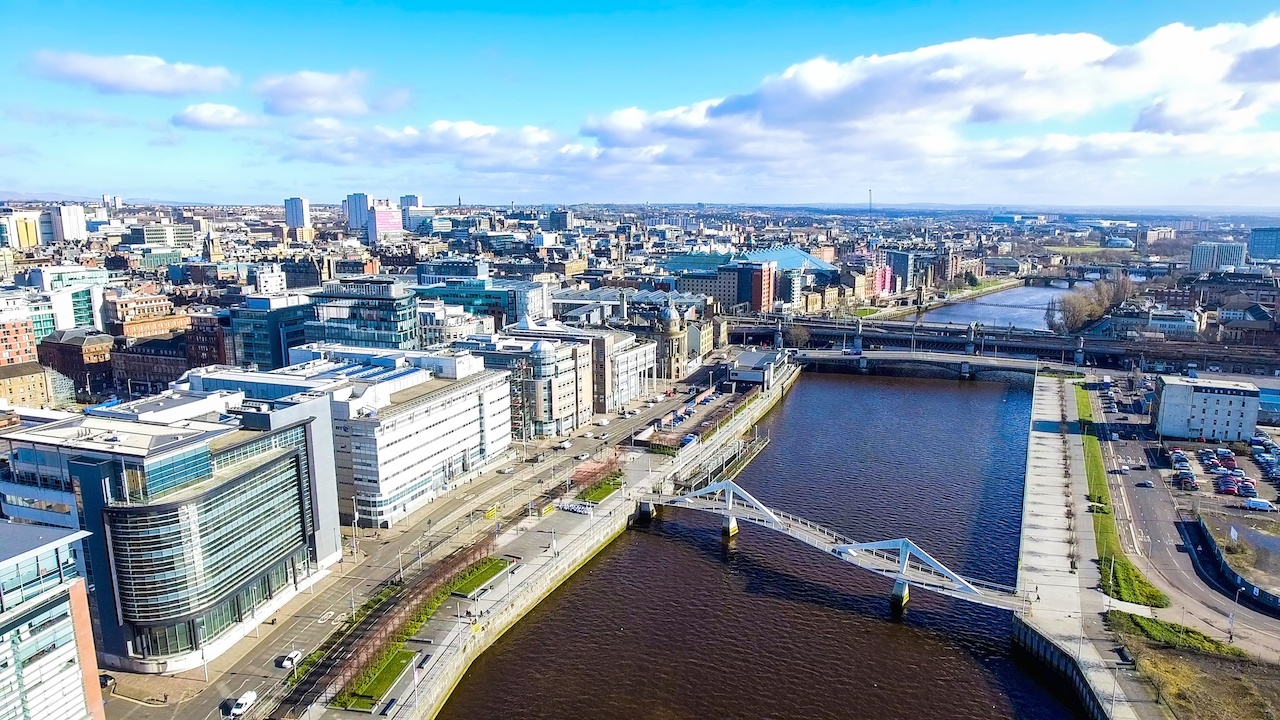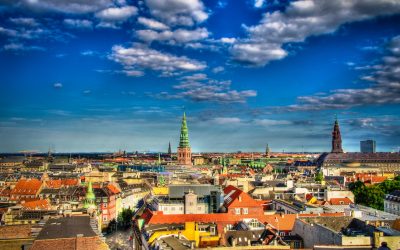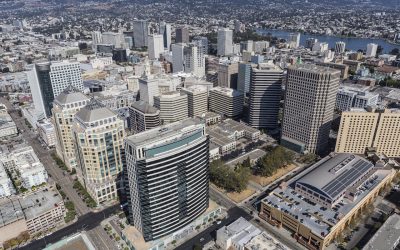Meeting of the Minds
What began as a 2-day summit in Oakland, CA in 2007, has grown into an internationally recognized non-profit organization with world-class events, year-round leadership programming, and an unparalleled digital platform.
Our mission is to bring together urban sustainability and technology leaders across sectors to share knowledge, best practices and catalyze lasting alliances and partnerships. We foster person-to-person and city-to-city learning by curating emerging trends and spotlighting projects and practitioners working on the future of sustainable, resilient, and equitable cities and regions.
We believe that the best solutions and partner ecosystems result from collaboration and engagement across sectors and disciplines. We convene leaders from international bodies, local government, state and federal government, corporates, startups, non-profits, academics and philanthropy.
Meeting of the Minds thanks and acknowledges the support of our current and past sponsors, including:
Foundations
Annie E. Casey Foundation
Barr Foundation
Burton D. Morgan Foundation
Ford Foundation
Lincoln Institute of Land Policy
Living Cities
New Economy Initiative
Paul G. Allen Philanthropies
Robert Wood Johnson Foundation
Rockefeller Foundation
The California Endowment
The California Wellness Foundation
The Cleveland Foundation
The JPB Foundation
The Kresge Foundation
The Volvo Research and Education Foundations
Healthcare
Kaiser Permanente
Sutter Health
Telecom
AT&T
Comcast
Qualcomm
Verizon
Global Technology Leaders
Cisco
Dassault Systémes
IBM
Itron
Microsoft
Oracle
Philips Lighting/Signify
Schneider Electric
Siemens
Transportation Leaders
Bombardier
Cubic
Daimler/Car2Go
Ford
JUMP Bikes/UBER
Lacuna
Keolis
Lyft
Streetlight Data
Toyota
Zipcar
Financial Institutions
JPMorgan Chase
PNC Bank
Wells Fargo
IT & IoT
Atonix Digital
Cleverciti Systems
Iteris
Logicalis
Roadbotics
RelayR Corp
Planning, Design, Architecture, Real Estate, Engineering, Construction
Black & Veatch
CBRE
CH2M Hill
Colliers
DKS Associates
Jones Lang LaSalle
Oxford Properties Group
Ramboll
Skidmore Owings & Merrill
WSP
Consulting Firms
Cognizant
ENGIE Impact
Deloitte
EY
PwC
Government
Ann Arbor SPARK
City of Berkeley, CA
Cuyahoga County
Federal Reserve Bank of San Francisco
JobsOhio
Metrolinx
State of Michigan
Resources: Water and Energy
AEP Ohio
DTE Energy
Festival Hydro
FirstEnergy
Marin Clean Energy
Natural Resources Defense Council
Sacramento Municipal Utility District
Shell
Xylem Water
Innovators
Cleveland Neighborhood Progress
JumpStart
Natural Resources Defense Fund
Rock Ventures
The New School
University of California
UrbanFootprint
Recent Webinars
Recent Articles
Downtown Revitalization Efforts Create a Market for Contractors
A recent study by the International Downtown Association reports that vibrant downtowns contain around 3% of citywide land, but contain 14% of all citywide retail and food and beverage businesses, and 35% of all hotel rooms. This results in $53 million in sales tax per square mile, compared to the citywide average of $5 million. Not to mention that downtown residential buildings also add to the tax base. In the 24 cities included in the study, residential growth in these downtowns outpaced the rest of the city by 400% between 2010 and 2016.
Partnerships between city officials and contractors result in new and visionary downtown destinations. Along with large vertical construction projects, there are opportunities for countless other projects, including parking structures, enhanced Wi-Fi, landscaping, pedestrian and biking paths, and traffic improvements.
The Future of Cities
Ordered city geometry that is built today is meaningless for energy cycles. Resilient networks contain inherent diversity and redundancy, with optimal cooperation among their subsystems, yet they avoid optimization (maximum efficiency) for any single process. They require continuous input of energy in order to function, with energy cycles running simultaneously on many different scales.
Short-term urban fixes only wish to perpetuate the extractive model of cities, not to correct its underlying long-term fragility!
Rethinking Public Input for More Equitable Results
Public meeting-driven community engagement doesn’t produce equitable outcomes for communities. To get to an inclusive, fair outcome, the development & planning communities need to get more representative feedback from community members.
How L.A. is Working Its Way to Zero Emissions
By addressing a variety of factors that add to pollution, cities can take a more comprehensive approach to mitigating the effects of climate change. For example, Earthjustice worked with the Los Angeles Electric Truck and Bus Coalition to convince Mayor Garcetti and the regional transit authority to commit to 100% zero-emission buses by 2030. The campaign brought together environmentalists, bus riders, and good job advocates who see the potential of an electrified future to clean the air, create high-quality jobs, and combat the threat of climate change.
Economic & Political Implications of Vehicle Efficiency Standards
The two most important points of the 2018 SAFE Vehicles Rule proposed (or preferred) alternative include: a cap on greenhouse gas emissions (GHG) and fuel economy requirements for passenger vehicles at 2020 standard (35.5 mpg) through MY 2026, and; a revocation of the California waiver to the 1975 Clean Air Act. Recently, EPA indicated they are considering “tweaking” the preferred GHG proposal, but appear to be committed to the revocation of the waiver for California—an action that will likely lead to a drawn-out legal battle between the administration and California.
From Waste to Wealth: Developing & Financing an Urban Wood Economy, Part 2
Fortifying the urban wood economy in Baltimore and replicating success in other cities becomes easier with a national partner who is willing to buy wood from multiple locations and has a national level impact. One of the ways that we have begun scaling is through a partnership with Room & Board, a modern furniture and home decor retailer committed to sustainable practices and American craftsmanship. The company was intrigued by the story of the deconstructed wood and the social and environmental good it was enabling.
Access to capital is another critical component to scaling and replicating the urban wood economy. Our work has explored social impact investing through a partnership with Quantified Ventures. A popular form of social impact investing is called pay-for-success financing.













